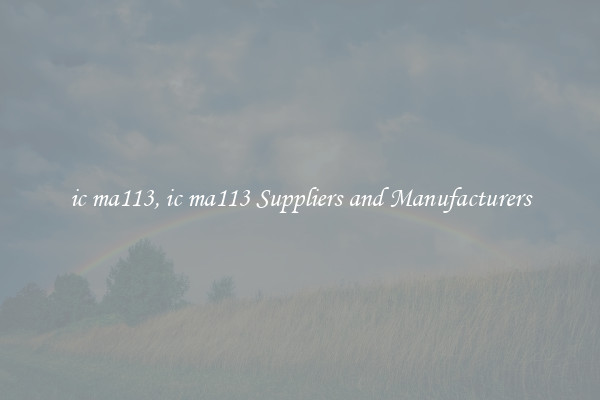Wholesale belt law With Just The Right Content
Wholesale Belt Law: Ensuring Quality and Fair Pricing

When it comes to purchasing belts in bulk, there is a set of regulations and guidelines known as wholesale belt law. These laws ensure the quality and fair pricing of belts sold by wholesalers, protecting both buyers and sellers in the process.
One of the most crucial aspects of wholesale belt law is the requirement for wholesalers to provide accurate product information. This includes specifying the materials used, such as genuine leather or synthetic materials, as well as the dimensions and quality of the belts. By doing so, wholesalers are held accountable for the products they sell, ensuring that customers receive what they pay for.
In addition to product information, wholesale belt law also sets standards for pricing transparency. Wholesalers must clearly state the prices of their belts and any applicable discounts or bulk pricing. With this regulation in place, buyers can make informed decisions and compare prices across different wholesalers, ensuring fair competition in the market.
Another important aspect of wholesale belt law pertains to the safety of the products. Belts must meet certain safety requirements, such as having durable buckles and proper stitching. This is especially important for belts used in high-risk environments, such as industrial or construction sites. By adhering to these safety guidelines, wholesalers guarantee the quality and reliability of their products, giving buyers peace of mind.
Furthermore, wholesale belt law takes into account the issue of counterfeits and infringement on intellectual property rights. Wholesalers are forbidden to sell replica or counterfeit belts that infringe on trademarks or copyrights. This regulation protects the rights of brand owners and prevents the circulation of low-quality imitations, benefiting both customers and legitimate businesses.
Enforcement of wholesale belt law is crucial to ensure its effectiveness. Government agencies and industry associations play a vital role in monitoring compliance with these regulations. Regular inspections and audits are conducted to assess whether wholesalers are adhering to the law. In case of violations, penalties and fines are imposed, incentivizing compliance and deterring unscrupulous practices.
Wholesale belt law is not only essential for fair trade but also for customer satisfaction. It creates a level playing field for wholesalers, ensuring fair competition and preventing unethical practices. Moreover, it safeguards buyers from purchasing low-quality or hazardous belts. By upholding these regulations, the wholesale belt industry maintains its integrity and contributes to a thriving marketplace.
In summary, wholesale belt law encompasses regulations related to accurate product information, transparent pricing, product safety, and protection against counterfeits. It aims to establish fairness, quality assurance, and customer protection in the wholesale belt industry. Compliance with these laws benefits both buyers and sellers, and their enforcement is vital to maintaining the integrity of the market.

View details

View details

View details

View details








